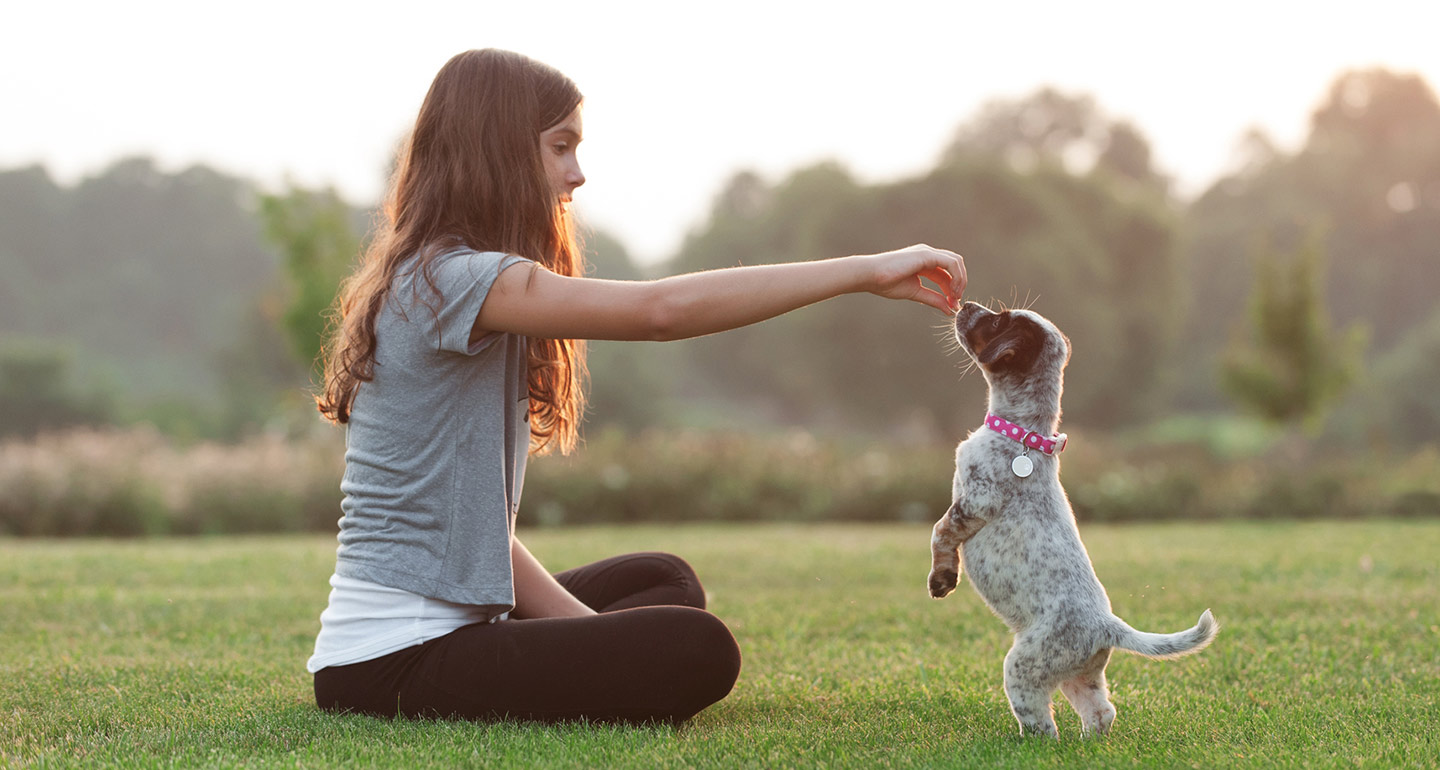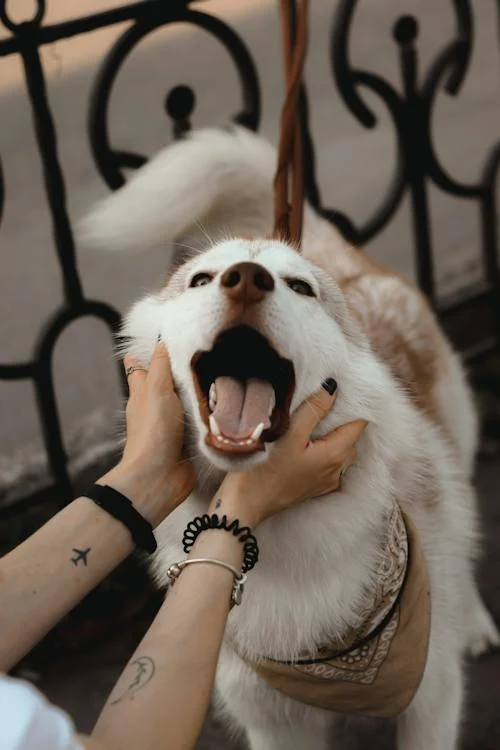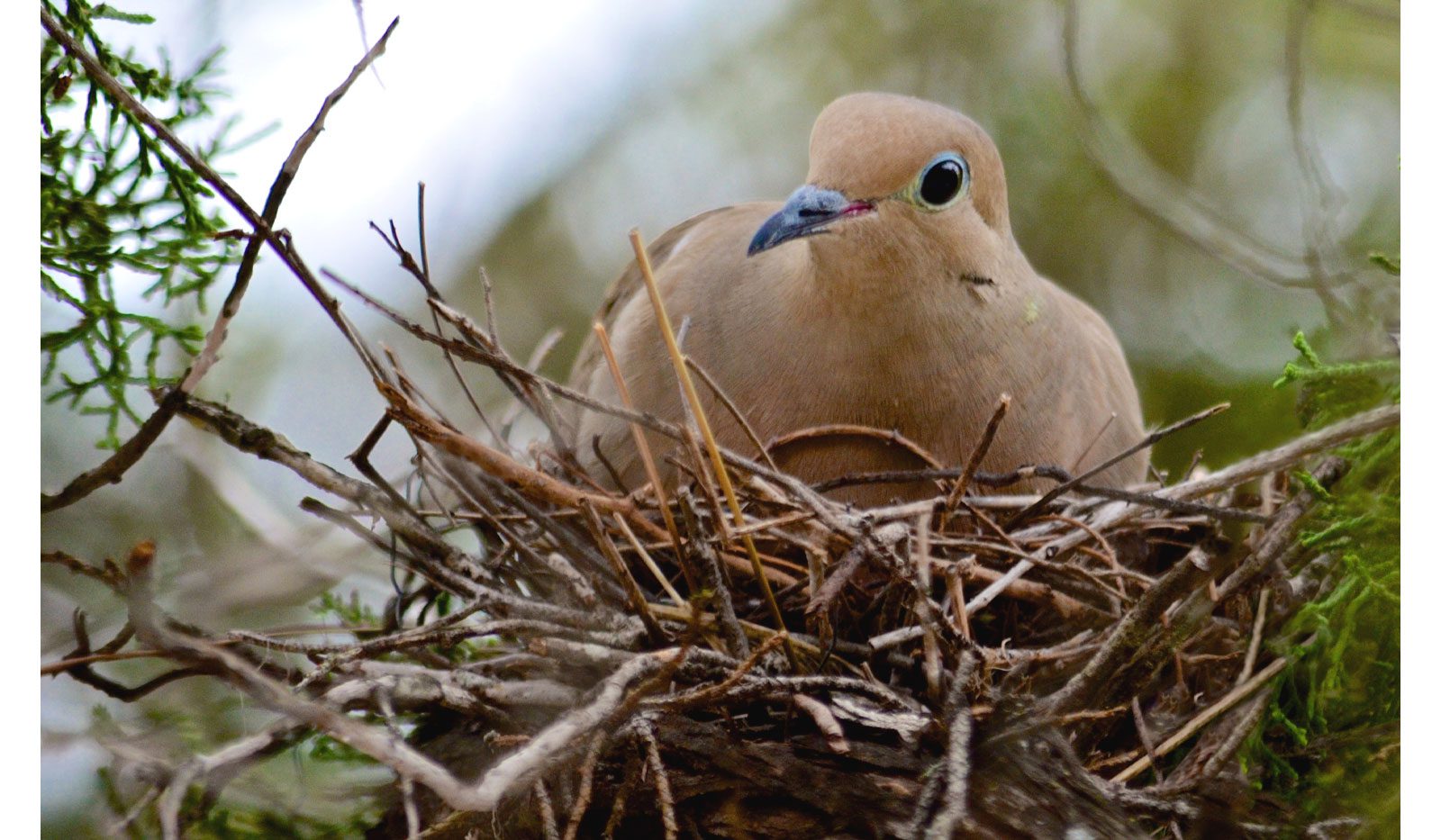You got a new puppy or adopted a rescue dog, eager to begin training them. But despite your best efforts, your dog seems willfully disobedient. They ignore commands, forget training, and resist discipline. While frustrating, virtually any dog can become well-behaved with the right approach. Here are effective strategies for training even the most stubborn or untrainable canines.
Understand the Root Causes
Before attempting to retrain a difficult dog, identify potential factors causing the behaviors. Possibilities include:
- Lack of exercise or mental stimulation – Dogs with pent up energy act out. Ensure adequate walks, playtime, toys.
- Improper early socialization – Pups require exposure to people, places and handling in the first 4 months. Without it, they become fearful or aggressive.
- Health issues – Urinary infections, arthritis, hearing loss and more can cause training difficulties. Vet checkups rule out problems.
- Negative past experiences – Abuse, neglect, or trauma can make dogs distrustful and resistant to training. Be patient and use positive reinforcement.
Once you understand the source of the unwanted behaviors, you can better tackle them through targeted training techniques.
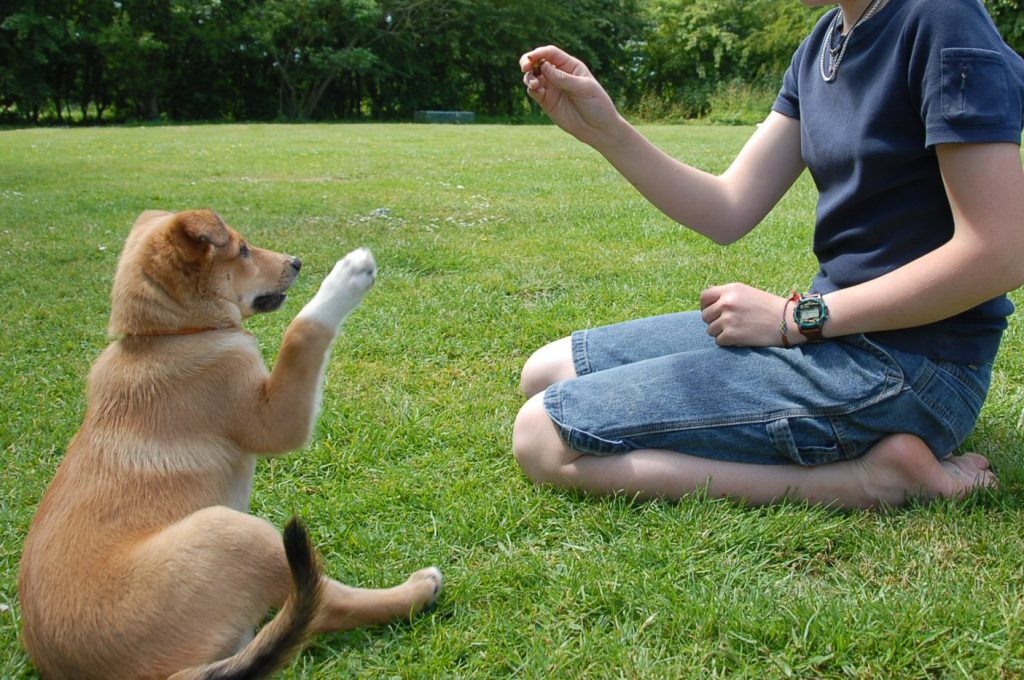
Establish Yourself as Pack Leader
Dogs are pack animals hardwired to follow a strong leader. Establish yourself as your dog’s trusted leader by:
- Hand feeding meals rather than free feeding – Makes your dog work for food and reinforces you as provider.
- Walking through doorways first – Shows you lead the way.
- Insisting on calm behavior before giving affection or access to furniture – Enforces respect.
- Using firm, authoritative verbal commands – Lets your dog know you mean business.
- Consistency in rules and schedule – Helps maintain order your dog understands.
- Regular obedience training – Reinforces commands and focus on you.
Assert your role as loving leader of the pack, and your dog will be more inclined to obey.
Stick to Positive Reinforcement
While tempting to punish bad behavior, positive reinforcement works best to promote good habits. When your dog acts appropriately:
- Immediately praise or give an excited “Good dog!”
- Provide a treat reward right after the desired response. Use very small, tasty treats.
- Offer affection like pats and belly rubs. Most dogs crave physical praise.
- Use a clicker or consistent word like “Yes!” to mark good behavior.
The more you reward actions you want repeated, the more your dog will perform them. Stay patient – it may take hundreds of repetitions to cement new habits.
Remove Rewards for Unwanted Behaviors
While rewarding good habits, simultaneously discourage bad ones by:
- Withholding attention and ignoring minor misbehavior when safe. Refrain from scolding which can reinforce the behavior.
- Ending enjoyable activities like playtime when your dog acts inappropriately. Calmly lead them away.
- Closing doors to restrict access if your dog is underfoot or begging.
- Using taste deterrent spray on items your dog mouths or chews.
Make misbehaving an unrewarding experience, and incidence will decrease. However, never physically punish or scare your dog – it erodes trust.
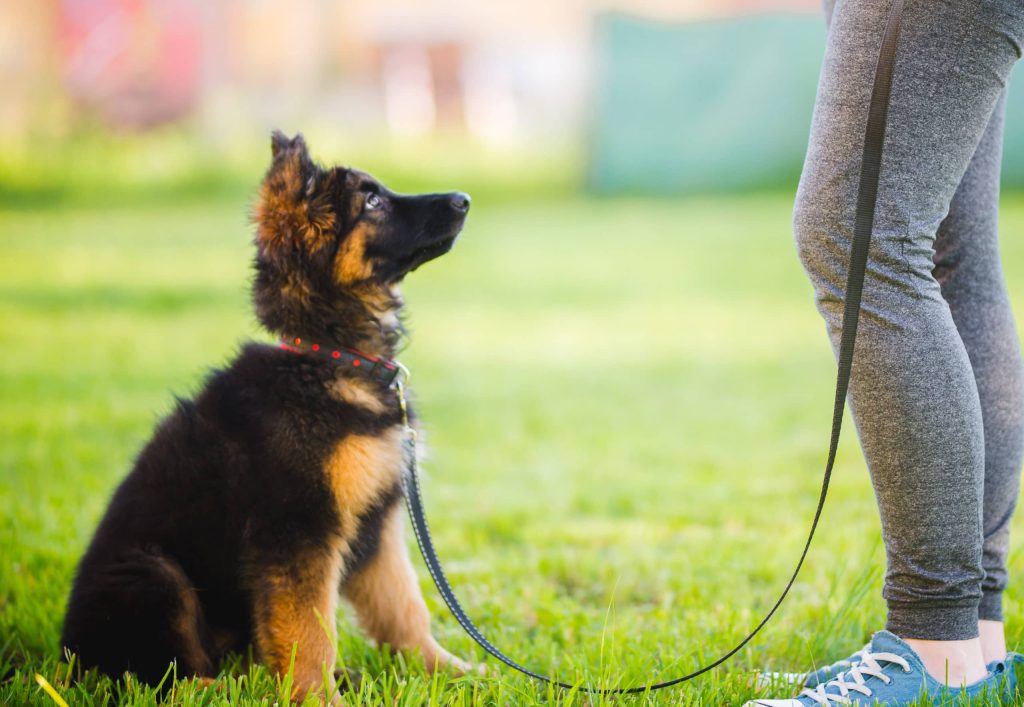
Enlist Help of Trainers and Behaviorists
For significantly unruly or aggressive dogs, professional intervention may be needed. Certified trainers and veterinary behaviorists can assess your dog’s issues and provide customized modification plans that work. Some specialize in difficult cases. Investment in private lessons tailors the training approach to your unique situation. While pricier, it resolves more extreme problems.
Medical and Lifestyle Solutions
In collaboration with your vet, also consider:
- Prescription anxiety or calming medications for high strung dogs.
- Natural supplements like chamomile, L-theanine and hemp oils to take the edge off.
- Increasing physical and mental activity to curb bad behaviors.
- Changes in household routine causing stress.
- Muzzle training to prevent snapping and biting during training.
With medical and lifestyle management complementing training, you equip your dog to successfully learn.
The Power of Patience and Love
Never give up on a dog labeled “untrainable.” With understanding, creativity and dedication on your part, virtually any pup can become well-adjusted and mannered. Shower them with compassion, consistency and rewards, and even the most stubborn dog will make progress. Believe in your dog’s ability to learn, and they will love you back through their behaviors.
